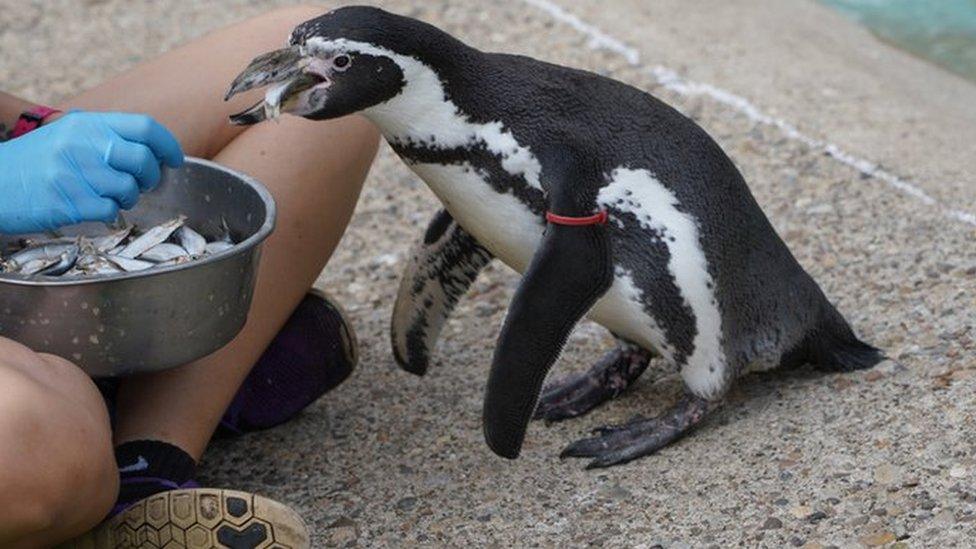Sewerby Hall chick named in memory of 'world's oldest' penguin
- Published
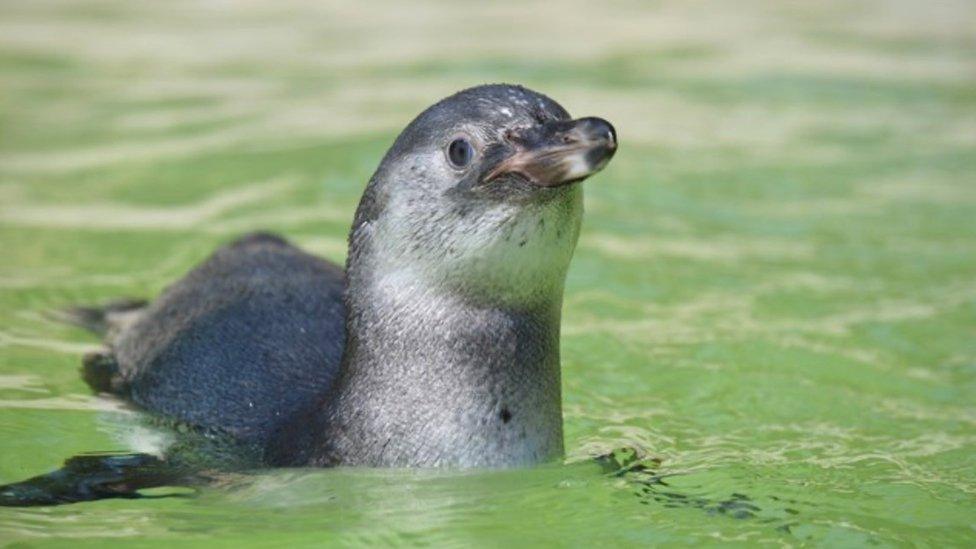
Crackle was named after the Neil Diamond song Cracklin' Rosie
A penguin chick has been named in tribute to her grandmother, who was believed to be the world's oldest Humboldt penguin.
Rosie lived at Sewerby Hall, near Bridlington, until her death aged 32.
The chick - the second of Rosie's grandchildren - has been named Crackle.
Keeper John Pickering said: "We wanted to maintain a connection with Rosie, and we felt that the name Crackle would do just that, thanks to the song Cracklin' Rosie by Neil Diamond."
Crackle, who hatched on 8 April, is being looked after by her parents Sigsbee and Twinnie at the East Yorkshire zoo where head zookeeper Mr Pickering said she was settling in well with older sibling, Pickle.
Native to South America, Humboldts can live up to 20 years in the wild and are classed as "vulnerable to extinction".
Prior to her death in March, Rosie, who came to the zoo from a bird park in Surrey in 1990, had developed a worldwide following.
In 2020 her 30th birthday celebrations were even featured on news channels in the US, Australia, New Zealand, Turkey and Saudi Arabia.

Humboldt penguins
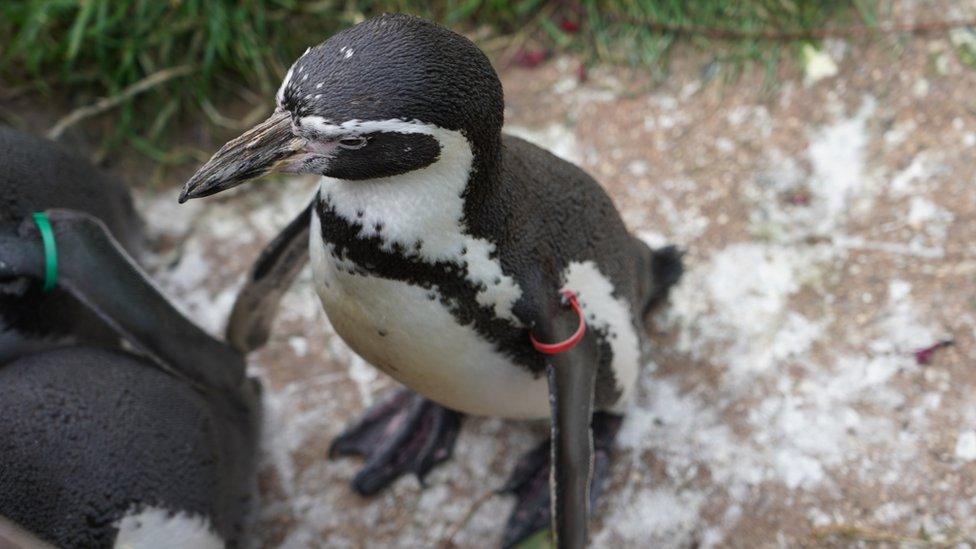
Part of the reason Rosie was thought to have lived for so long was because of her comfortable life at the zoo, staff said
The scientific name for Humboldt penguins is Spheniscus humboldti
Humboldts are classed as vulnerable to extinction by the International Union for the Conservation of Nature
Humboldt penguins are very social and live in large colonies
They can live up to 20 years in the wild
Humboldts can travel through water at speeds of up to 25mph
Source: IUCN/BBC

Follow BBC East Yorkshire and Lincolnshire on Facebook, external, Twitter, external, and Instagram, external. Send your story ideas to yorkslincs.news@bbc.co.uk, external.
Related topics
- Published24 June 2023
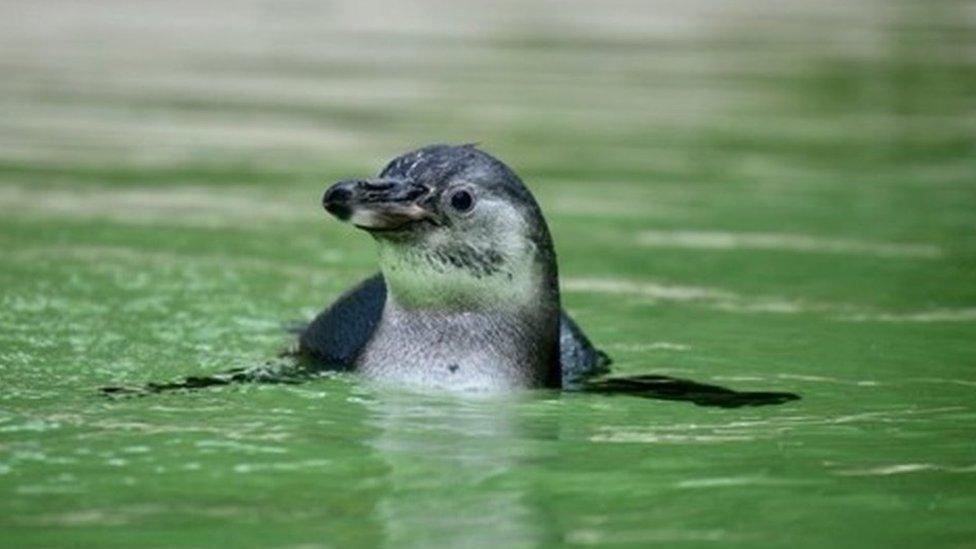
- Published27 May 2023
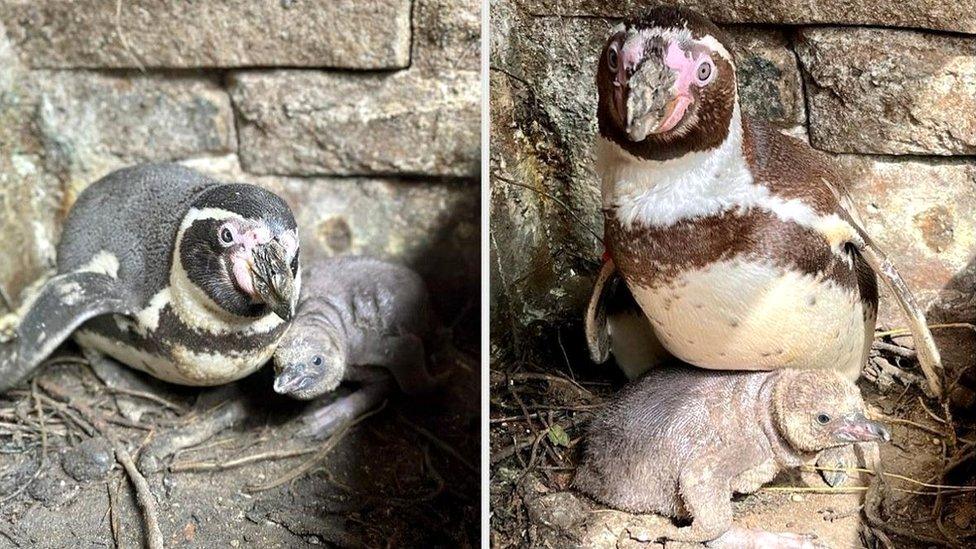
- Published13 March 2023
